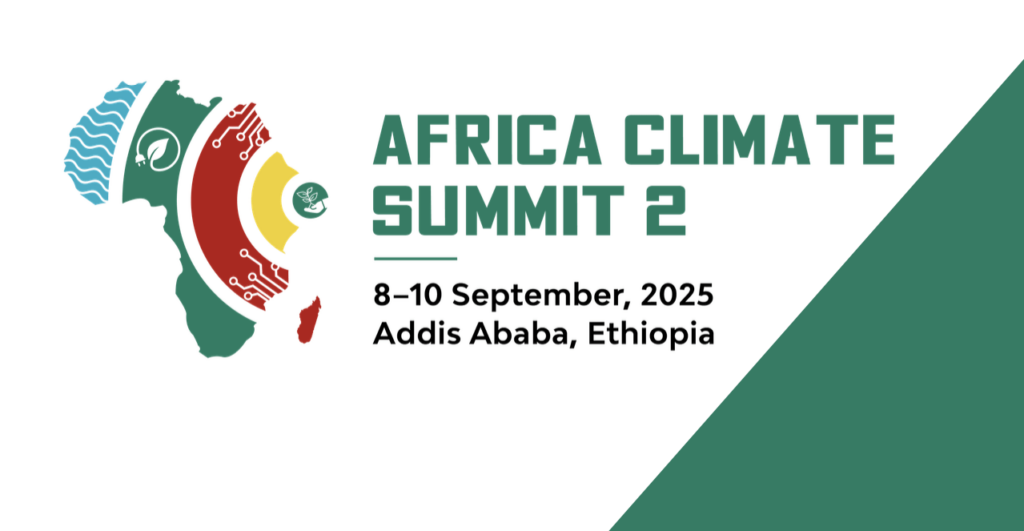The Africa Climate Summit 2025, currently underway in Addis Ababa, is marking a turning point in Africa’s approach to climate action. Leaders are emphasizing a shift from reliance on traditional aid toward investment-driven solutions, harnessing the continent’s renewable energy potential and innovation capacity to lead sustainable development.
Shifting from Aid to Investment
Delegates from across Africa and the international community are calling for resources to be channeled into bankable projects that create jobs, foster innovation, and accelerate the transition to low-carbon economies. Key areas of focus include solar, wind, and hydropower, aimed at meeting domestic energy needs while contributing to global climate goals.
Homegrown Climate Solutions
A central initiative announced at the summit targets 1,000 new climate solutions by 2030, prioritizing African technologies and green enterprises. The program aims to empower young entrepreneurs to deliver scalable solutions addressing clean energy access, sustainable agriculture, water security, and waste management.
Africa’s Voice in Global Climate Governance
The summit also provides a platform for African nations to assert greater influence in international climate discussions. A major proposal calls for Africa to host COP 32 in 2027, positioning the continent to shape global agendas on climate finance, adaptation, and technology transfer. Leaders highlighted that, despite contributing least to global emissions, Africa bears disproportionate climate burdens.
Mobilizing Public and Private Investment
Speakers stressed the need to attract both public and private funding, with investments focusing on value addition, skills development, and inclusive growth. International investors are showing growing interest in Africa’s renewable energy markets, signaling opportunities for sustainable economic transformation.
Civil Society and Youth Engagement
Civil society groups and youth activists are playing a prominent role, demanding accountability and ensuring that funds and investments benefit local communities directly. Strong oversight mechanisms are being called for to prevent resources from being lost in bureaucratic processes.
A New Chapter for Climate Action in Africa
The summit reflects a broader recognition that climate initiatives can drive economic growth. With its young population, abundant natural resources, and emerging tech sector, Africa is positioning itself as a frontier for climate-smart innovation. The outcomes of the Addis Ababa summit will determine whether investment-led climate strategies translate into concrete partnerships, financing frameworks, and policy reforms across the continent.

